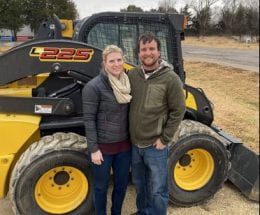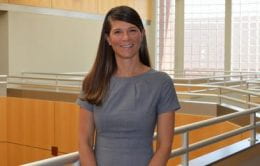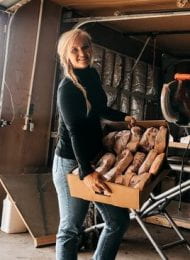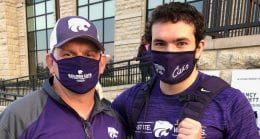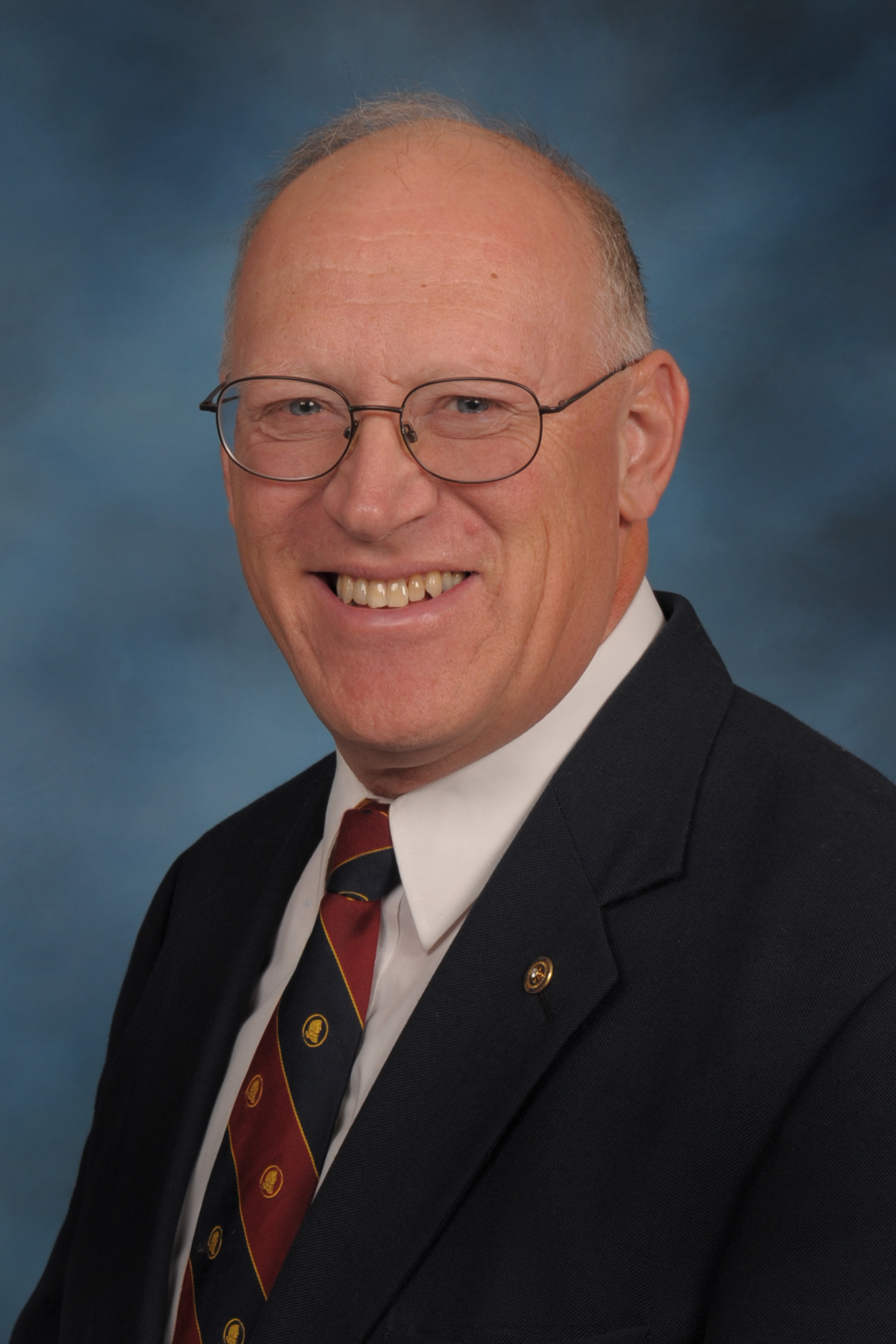By Ron Wilson, director of the Huck Boyd National Institute for Rural Development at Kansas State University.
What was in your school classroom? I remember desks in straight rows, colorful posters on the wall, and a big blackboard up front. Today we’ll meet a school which has such classrooms, but also non-traditional places of learning such as a working barn and a downtown business. These innovative projects are being implemented by a school district in rural Kansas.

Joel Lovesee is superintendent of USD 205, which includes the Bluestem schools in Leon, Kansas. Joel grew up in Kinsley and went to Fort Hays State University where he met his wife Sonya. He became a teacher and later a school administrator. In 2008, he and his family moved to Leon where he became school principal. He was promoted to superintendent in 2013.
He takes an innovative approach to school leadership. Continue reading “Joel Lovesee, Bluestem school”
